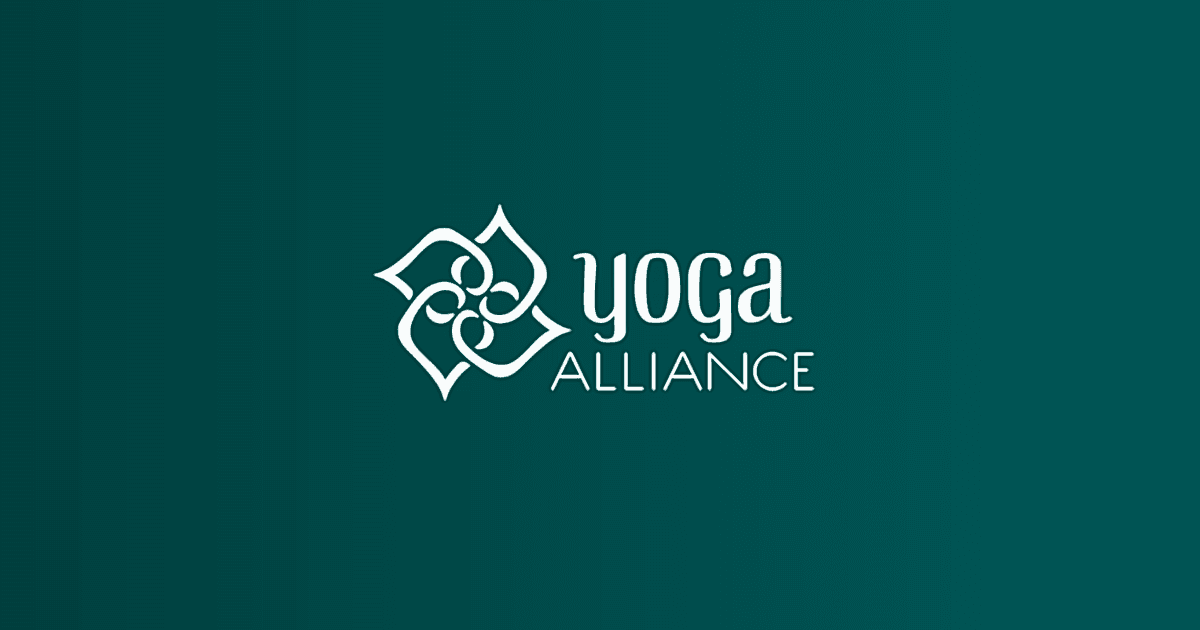As technology continues to advance and evolve, access to education, professional development, and continuing education are evolving along with it. Over the past decade online learning has shown significant growth among schools, universities, and businesses as people look for more ways to gain new skills to support their personal and professional growth. The COVID-19 pandemic further fueled the rapid growth of distance and online learning, alongside in-person formats, giving learners even more opportunities to tailor their education.
“This evolution in education presents a tremendous opportunity for us all to reconsider how individuals access information and education and the primary benefactors of the current structure. What we’ve seen is an effort to democratize education so that more people have more access to opportunities that haven’t historically been available to them in the way that best suits their needs,” said Dani Hayes, Head of Community Engagement at Yoga Alliance.
Today, Yoga Alliance announced Registered Yoga Schools (RYSs) can permanently continue to offer training programs in multiple formats, including 100% in-person, 100% distance learning, or both.
“Over the past five years, we have pressure tested the standards underlying the RYS credentials with a focus on bringing more people to the practice of yoga while also creating more opportunities for yoga professionals and their businesses,” said Hayes. “Through the Standards Review Project (SRP), surveys, industry research, and countless community conversations, we’re excited to give Yoga Alliance credential holders more choices in the teaching, learning, and practice of yoga.”
The Standards Review Project and Online Learning
In 2018, Yoga Alliance launched a review of its standards, the Standards Review Project (SRP), bringing together Yoga Alliance members, yoga teachers, practitioners, thought leaders, wisdom holders, and not-for-profit business leaders from around the world to explore eight key areas of inquiry including scope of practice, code of conduct, inclusion, core curriculum, teacher qualifications, teacher trainer qualifications, integrity, and online learning. [Learn more about the SRP Project]
When discussing online learning, the following questions emerged:
- What is the appropriate role of online education in yoga?
- Are there certain subject areas that are appropriate or inappropriate to teach online?
- What controls must be in place to guarantee quality online education?
- What role does online learning play in inclusivity?
“In the online learning working group, Yoga Alliance learned that most professionals believed that there is a role for online learning in yoga teacher training,” said Hayes. “We recognized the significant potential of online learning from the start.”
[Read the Online Learning Working Group Paper].
Responding to the Global Coronavirus Pandemic
When COVID-19 was declared a pandemic by the World Health Organization (WHO) in March 2020, Yoga Alliance identified three key priorities to support the yoga community in navigating the global health crisis:
- Prioritize keeping yoga professionals and practitioners healthy and safe
- Provide pathways, information, and resources to facilitate yoga teaching, teacher training, and practice online during a time when it was most needed
- Maintain Yoga Alliance’s commitment to addressing equity in the yoga community and identify solutions to limit barriers to accessing the yoga practice
Shortly after, Yoga Alliance launched the Online Teaching Extension allowing qualifying teacher training programs originally designed for in-person learning to pivot to an online format. In 2021, Yoga Alliance continued to monitor COVID-19 safety guidance and protocols, while also researching best-in-class distance and hybrid learning models. Yoga Alliance also surveyed RYSs, lead trainers, and their enrolled trainees to help shape its future approach to its Standards in an online environment. Results from this survey found that these audiences felt a mix of educational formats, including live online, pre-recorded content, and in-person learning opportunities would be appropriate and effective moving forward.
“Flexibility stood out as a key theme during the pandemic,” said Hayes. “As we considered how the Standards underlying the credentials needed to evolve in the future, we kept flexibility at the forefront, while also understanding the role we needed to play to ensure RYSs and RYTs had the information and resources they needed to do what they do best.”
Since that time, Yoga Alliance has been working closely with yoga professionals and subject matter experts to offer resources, best practices, and content to support the unique needs of online teaching and learning.
[Access Past Yoga Alliance Series and Workshops]
Adapting Yoga Alliance Standards in the Post-Pandemic Environment
Based on research, data collected from the past two years of online exemptions, and community feedback, RYSs can now offer training programs in multiple formats, including 100% in-person, 100% distance learning, or a mix of both depending on what is best suited for yoga professionals and their business.
To effectively implement distance learning, RYSs are now required to deliver a minimum of 15% of the program hours in a synchronous format (teachers and students gather online at the same to interact in real-time).

Current programs that include distance learning do not need to provide additional documentation to Yoga Alliance at this time. Schools applying for the RYS credential will simply need to include this information as part of the application process.
Continuing Education hours hosted in a distance learning format, whether asynchronous (students access information at their own pace and interact over longer periods of time) or synchronous, may qualify towards continuing education credits for Registered Yoga Teachers (RYTs).
Yoga Alliance will continue to provide resources, tools, and best practices for both online and in-person learning to support the diversity of teacher training models.
“At Yoga Alliance, we believe that if more people practice yoga, the better the world will be and we are committed to amplifying the power of yoga and providing yoga professionals with comprehensive tools and resources to teach, promote, learn about, and practice yoga wherever they are,” said Hayes. “Our shared goal of creating accessible, equitable yoga for everyone sets the stage for real change in the yoga community and in the world.”
To learn more about Yoga Alliance’s Standards underlying its RYS and RYT credentials, visit: https://ndanpice.com/Our_Standards

